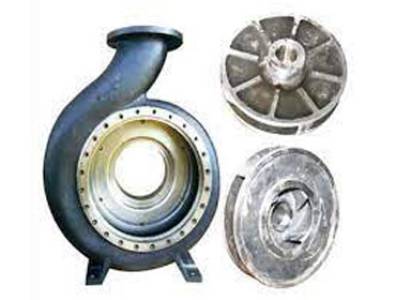
Carbon steel is a ferrous alloy primarily composed of iron and carbon, with carbon content typically ranging from 0.02% to 2.1%. This seemingly small variation in carbon concentration dramatically affects the steel's properties, making it incredibly versatile and suitable for a vast array of applications. Its strength, durability, and relatively low cost have made it a foundational material in countless industries for centuries.
Key Properties & Characteristics:
Types of Carbon Steel:
Carbon steel is categorized based on its carbon content and other alloying elements:
Applications:
The wide-ranging properties of carbon steel translate into a diverse array of applications across numerous industries, including: